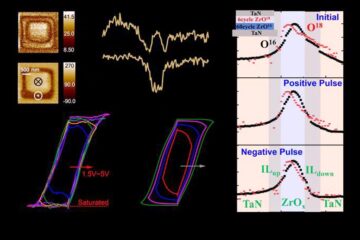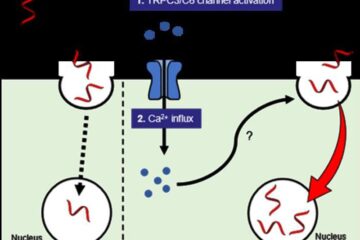Food Fats against Depression

Depression is the most prevalent psychiatric disease. The number of new cases rises and the disease manifests itself at an earlier age.
Depression is lower in populations with higher fish consumption. This leads to the question whether there might be something in fish that prevents depression or more general that is required for proper functioning of the brain.
Fats are major structural components of brain tissue. These fats are special in that they contain DHA. DHA is a fatty acid that can be made in the body only in limited quantities and only if special conditions are met. These conditions depend amongst others on the type of diet. A Western type of diet does not favour the formation of DHA. So it was considered possible that intake of preformed DHA is required for proper functioning of the brain. This brings us back to the association between fish consumption and depression: fish is main source of DHA and other ’higher omega-3 fatty acids’ in the diet.
Instead of estimating fish intake, higher omega-3 fatty acids can be measured in blood. This is what was done at Ghent University. In a first type of study (’case-control study’) it was found that patients with depression have lower levels of higher omega-3 fatty acids than patients without depression. In a second type of study (’follow-up study’) individuals with low and with normal levels of higher omega-3 fatty acids were followed up and the numbers of new cases of depression were measured. The study group consisted of women whose blood was drawn just after delivery. It was found that when EPA, one of the higher omega-3 fish fatty acids was lower, the probability to develop a postpartum depression was higher. We could further demonstrate that relatives of patients with depression also had reduced levels of higher omega-3 fatty acids pointing to a genetic predisposition.
The finding of reduced EPA in maternal blood at delivery was associated with more postpartum depression suggests that the previously found association between high fish consumption and low rate of depression was not due to DHA as first thought but to EPA. Indeed research groups in the UK and in Israel recently reported that beneficial results were obtained when patients with depression were supplemented with EPA but not with DHA.
Media Contact
More Information:
http://www.rug.ac.beAll latest news from the category: Health and Medicine
This subject area encompasses research and studies in the field of human medicine.
Among the wide-ranging list of topics covered here are anesthesiology, anatomy, surgery, human genetics, hygiene and environmental medicine, internal medicine, neurology, pharmacology, physiology, urology and dental medicine.
Newest articles

Advance in light-based computing
…shows capabilities for future smart cameras. UCLA-developed experimental device demonstrates ability to reduce glare in images. Researchers developing the next generation of computing technology aim to bring some light to…

Evidence for reversible oxygen ion movement during electrical pulsing
…enabler of the emerging ferroelectricity in binary oxides. In a recent study published in Materials Futures, researchers have uncovered a pivotal mechanism driving the emergence of ferroelectricity in binary oxides….

Next-generation treatments hitch a ride into cancer cells
Researchers from Osaka University discover that opening a channel into cancer cells helps antisense oligonucleotide drugs reach their targets. Antisense oligonucleotides (ASOs) are next-generation drugs that can treat disease by…





















